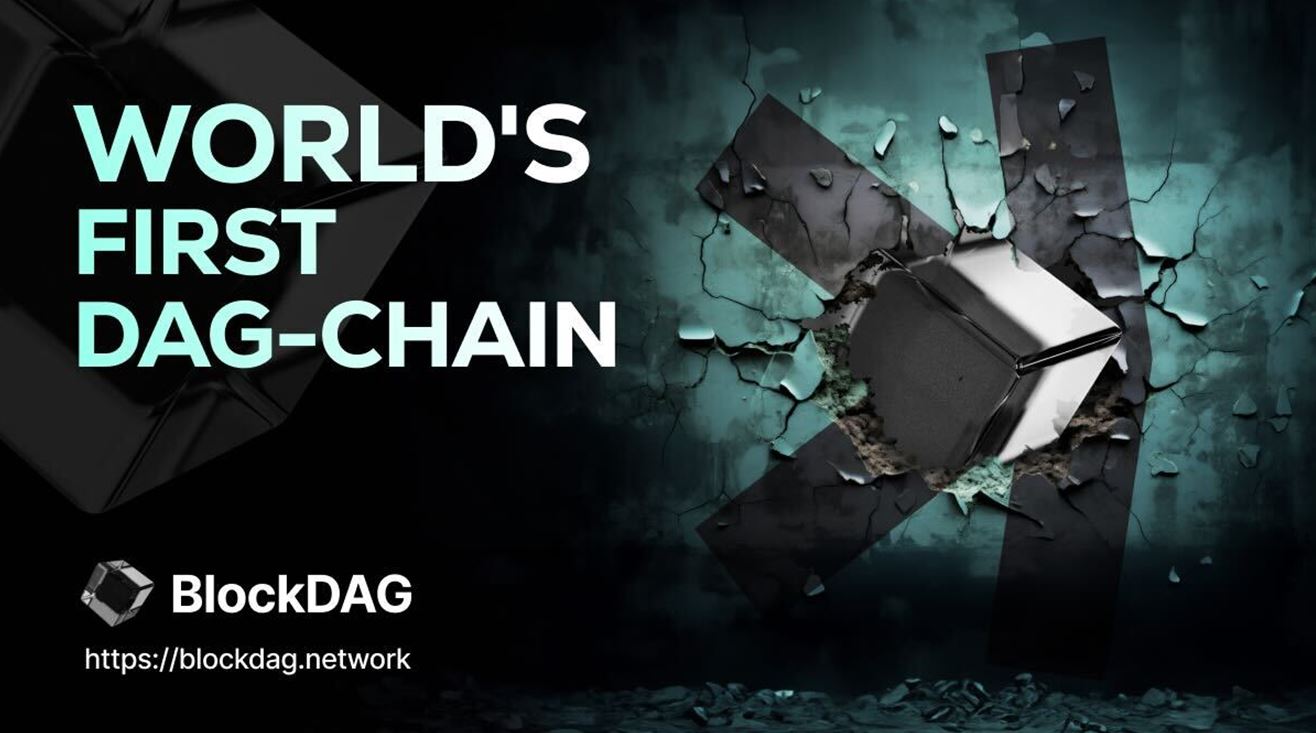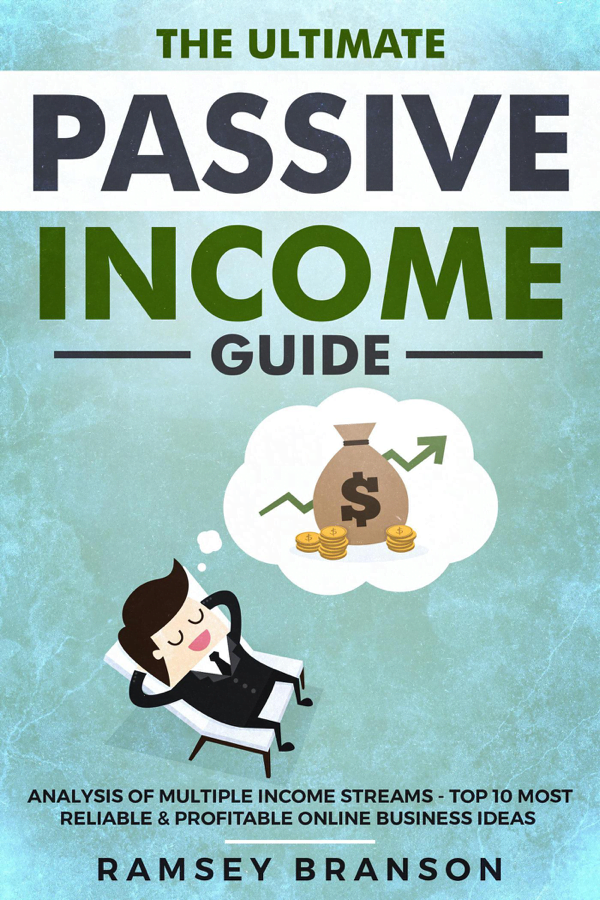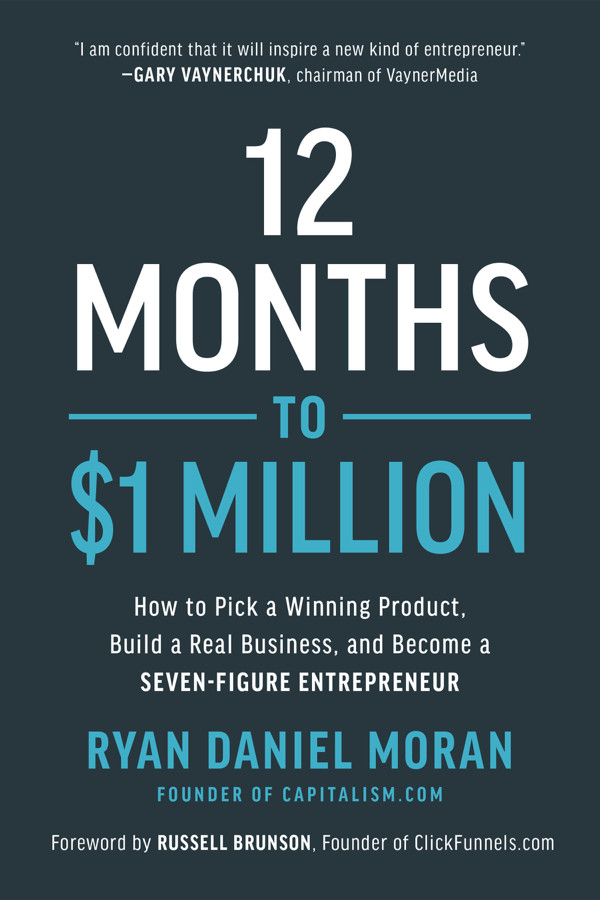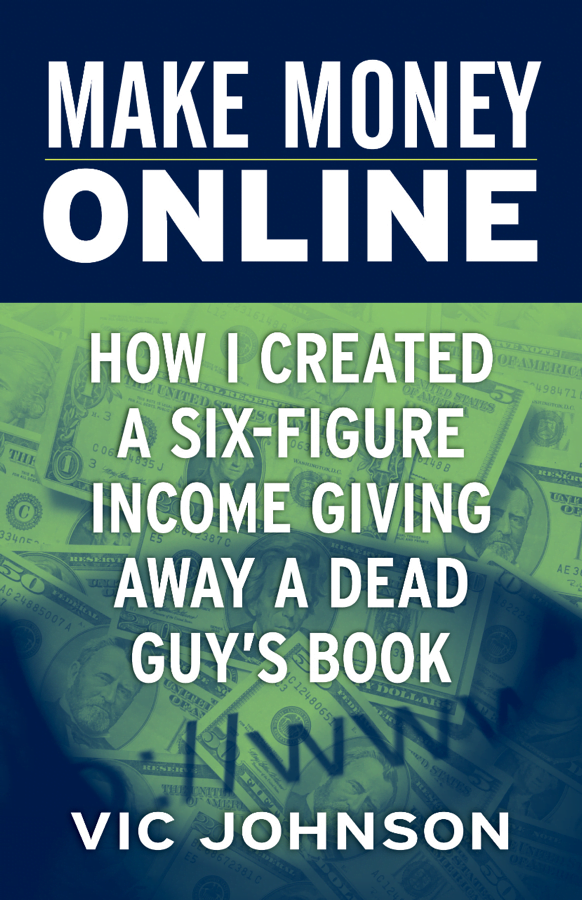
What If Marketing Became a Subscription Service?
Welcome back to JGH Marketing’s “The What If Series,” where we explore bold, hypothetical scenarios that challenge the status quo and spark innovative thinking. Today, we’re diving into an intriguing concept: What if marketing evolved into a subscription service? Instead of the traditional project-based approach, imagine marketing as an ongoing, subscription-based partnership. How would this change the industry, and what could it mean for businesses and marketers alike?
Let’s explore this scenario and consider the future outlook.
The Scenario: Marketing as a Subscription Service
In this hypothetical scenario, marketing agencies would shift from offering standalone campaigns to providing continuous, subscription-based services. Brands would pay a regular fee for a tailored marketing package that includes everything from strategy development to execution and analysis. Instead of treating marketing as a series of one-off projects, companies would engage in an ongoing relationship with their marketing partners, ensuring consistent support and continuous improvement.
Key Features of the Subscription Model:
- Tiered Pricing: Companies could choose from various subscription levels, each offering different services and support levels. This could range from basic packages focused on social media management to comprehensive plans covering multi-channel strategies, content creation, SEO, and more.
- Continuous Engagement: Instead of launching a campaign and moving on, marketing would become an iterative process. Agencies would work closely with brands to refine strategies, test new ideas, and adjust tactics based on real-time performance data.
- Real-Time Analytics: Brands would have access to dashboards and analytics tools that provide ongoing insights into campaign performance, customer behavior, and ROI, allowing for quick adjustments and informed decision-making.
- Flexible Services: The subscription model would offer modular services that brands can customize and scale as needed, ensuring that their marketing efforts align with evolving business goals and market conditions.
The Future Outlook: How This Could Transform Marketing
If marketing were to become a subscription service, the industry would undergo significant shifts, with far-reaching implications for both businesses and marketing professionals. Here’s what the future might hold:
1. Stronger, Long-Term Partnerships
One of the most profound changes would be the deepening of relationships between brands and their marketing agencies. With continuous engagement, agencies would become more integrated into their clients’ operations, acting as true partners rather than external service providers. This could lead to more effective and cohesive marketing strategies, as agencies gain a deeper understanding of their clients’ business objectives and customer base.
2. Greater Flexibility and Agility
The subscription model would allow brands to be more agile in their marketing efforts. Instead of committing to large, fixed-scope projects, companies could adjust their marketing spend and focus on the fly, responding quickly to new opportunities or challenges. This flexibility would be particularly valuable in today’s fast-paced digital environment, where consumer trends and technologies are constantly evolving.
3. Increased Accountability and Performance
With performance metrics and service-level agreements (SLAs) baked into subscription contracts, marketing agencies would be held to higher standards of accountability. Brands would expect measurable results, leading to a stronger focus on ROI-driven strategies. Agencies would need to continuously prove their value, fostering a more results-oriented approach to marketing.
4. Disruption of Traditional Marketing Models
The shift to a subscription-based model could disrupt traditional marketing practices. Agencies that rely on project-based work might need to adapt or face obsolescence. At the same time, this new model could open the door for innovative startups and tech-driven marketing platforms that offer subscription services tailored to specific industries or business needs.
5. Emergence of New Technologies and Tools
To support a subscription-based marketing model, we would likely see the development of new technologies and tools designed to enhance collaboration, analytics, and automation. These tools could include advanced CRM systems, AI-powered content creation platforms, and real-time performance monitoring dashboards designed to streamline the ongoing marketing process and deliver better results.
Conclusion: Embracing the Possibilities
The idea of marketing as a subscription service challenges us to rethink how marketing is structured, delivered, and measured. While this scenario is speculative, it offers valuable insights into the industry’s potential future. By embracing continuous engagement, real-time optimization, and flexible service offerings, businesses could unlock new levels of effectiveness and efficiency in their marketing efforts.
As we continue to explore “The What If Series,” we encourage you to think creatively about the future of marketing. What other innovations might lie ahead, and how can we prepare for them? Stay tuned for more forward-thinking scenarios from JGH Marketing as we explore the possibilities and push the boundaries of what’s possible in the world of marketing.
Join the conversation! What are your thoughts on marketing as a subscription service? Please share your ideas and let’s shape the future together.
Next Post
The Future of E-commerce Marketing















